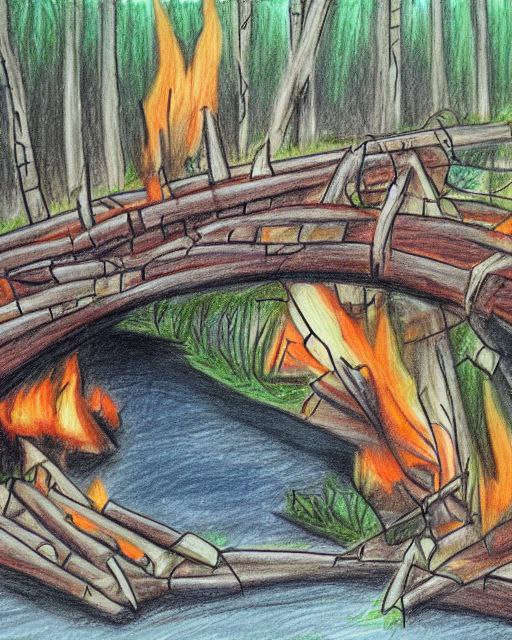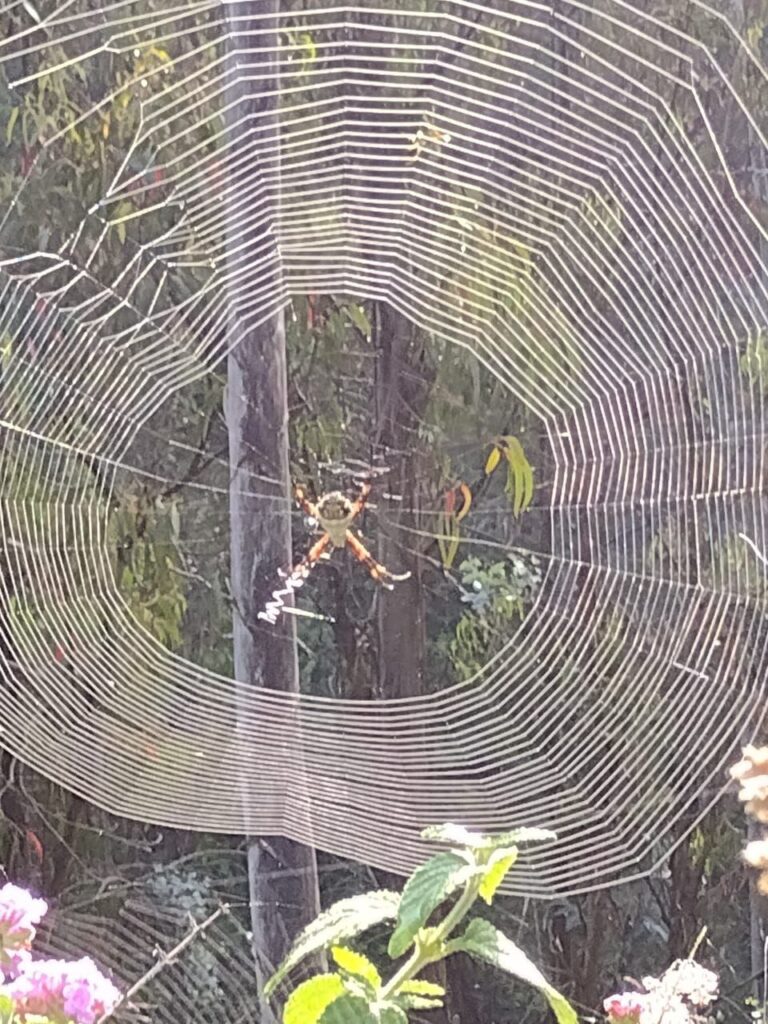7th HOLOGRAM COURSE
BUILDING BRIDGES BETWEEN FIRES
Or… how do we find ways to organise together, even when we hate each other a little bit??
APPLICATIONS HAVE BEEN CLOSED!
Happening on Wednesdays from October 19th till November 23rd, 2022
Its 2022 and finally, generations of racism, colonialism, capitalism, misogyny, ableism, transphobia and queerphobia are being called out, and different identity groups are learning to express rage, pain and fear on a personal and systemic level. Individuals and groups are trying out ways to hold space that take these violences into account. However while the dominant culture in the global North is still so individualising, its hard to build the skills that it takes to survive as a member of a collective, and the hardcore challenges that it brings.

How do we collectively care for our own scars while building bridges with those who might represent people or groups who have made our lives more difficult? How can we find ways to acknowledge and honour our differences, so we can struggle alongside each other? Never has there been a greater need for difficult collaborations, for the strategies and practices that pitch us together against a system which is destroying us. Because, realistically, we need everyone there for the revolution.
If we focus just on being “safe” and “trauma informed” we risk making injustice insular and personalised, and we lose sight of the experiences of others on the social / global scale. During a recent visit from the Zapatistas to Europe, it was observed that “you think it’s about identity but it’s about all these injustices we face together.” Have we allowed neoliberalism to co-opt our identities and experiences to keep us divided? Has capitalism commodified our wounds and our weapons to mean that our movements can only scratch surface level?
The seventh Hologram course will aim to use The Hologram protocol to muddle through this conundrum together, as openly and light-heartedly as we can!
In a series of six online sessions we will practice and discuss the social skills, values, and priorities that are central to The Hologram model. In the course we will:

The Hologram is a viral distribution system for non-expert healthcare, practiced from couches around the world. It is an idea, a practice, an experiment designed by a group of artists and activists, and a growing community. In this project, the person who articulates their needs and asks for support is our teacher.
The premise is simple: three people – the ‘Triangle’ – meet on a regular basis, to listen to and support the physical, mental and social health of a fourth person – the ‘Hologram’. The Hologram, in turn, teaches these listeners how to give and also receive care. When they are ready, the Hologram will support them to each set up their own triangle, and so the system expands. This experiment in social technology is based on the care models developed in the Social Solidarity Clinics in Greece during the height of the financial and migration crisis since the early 2010s. The result could be the construction of a robust multidimensional health network, collectively-oriented social practices, and trust that can outlive capitalism. Its protocol ensures that all caretakers are cared for, and regards properly supporting someone else’s wellbeing as therapeutic in itself.
We are calling out for anyone who is interested in practising care with / for community – whatever that means to you! Anyone who has taken part in challenging conversations across identities. People who have felt the fear of burnout, but who are interested in de-individualising care and are interested in weaving new strategies together. This course will work best for people who aren’t looking for answers, but are bringing curiosity and questions, and are comfortable in an atmosphere of experimentation. We will aim to line up a group that is culturally diverse, intergenerational, with a wide array of backgrounds and experiences. We can also offer support in Spanish to those who are not confident in their English skills (but who are able to use basic English.)
The course will take place online on six consecutive Wednesdays, starting October 19th and finishing on November 23rd. Each meeting is 3 hours with a break in the middle.
We are Sage Jaffrey, Alex Navarrete and Lita Wallis. We are organisers, educators, learners, squatters, writers, dancers, youth workers, activists, carers. We are struggling through the topics mentioned above as we organise this course! We are a mixed group of queers, people who have experienced racism and whiteness, people of the global south and global north, with different experiences of displacement and class backgrounds. For two of us English is not our first language. We all have different learning styles and access needs. We all have life experiences that continue to affect us in different ways. We have all been involved in The Hologram for different amounts of time, we have all held a course before. We are all part of collectives having these conversations explicitly and implicitly every day.
We do not pretend to offer a safe space. We ascribe to the concept of Brave Spaces, which acknowledges that some people find ‘safety’ more easily than others, and often we need to take risks to make systemic change or get through a difficult social interaction. This does not mean putting on a”brave face” and enduring hurtful and oppressive behaviours, more that we will do everything we can to provide a space that is enjoyable, and conducive to a transformational learning experience for each of our participants, including taking measures to welcome those of us who face structural oppression every day. Please note that the Hologram is not therapy, this is a peer-to-peer tool and participants are responsible for taking care of their own wellbeing. If you are feeling especially tender at the moment, this might not be the right time to apply for the course; and we would love to welcome you at a time when you are feeling steadier.
BIOGRAPHIES:
Sage Jaffrey is a brown, transient, pizza lover, rootless, non binary gender queer wanderer. Kill joy decolonial feminist and pop dance party head, animal-print-glitter cladded armour. Spent years squatting in London and collecting strategies against evictions and creative and radical housing alternatives. After went on to becoming involved doing migrant support from a non-charitable anarchist position at border placements and spending time between the french-UK murderous border. This process of staring at white supremacy in the face led to organising in the Basque Country with a group of racialised badass queers and women to create networks of empowerment, generate care spaces for growth and doing paid pedagogical antiracism work. Spends their time observing and understanding how racialised trauma has affected racialised bodies’s sense of worth and self esteem and wishes to tranform resilience with vulnerability. Collector or songs, stories, structures and community tales, hungry to find the beauty in all and ready to poke at the worst for transformation. Rage and joy are political, organising both.
Alexandra Navarrete is a sudaka activist who studied at university in Ecuador and later did her postgraduate studies in Berlin, where she actively participates in migrant self-organized spaces. Her trajectory as an activist is inscribed in Ecuador, especially in the work of women community leaders in urban sectors, among other spaces. In the wounded heart of the beast her commitment to the creation of spaces for transborder encounters has motivated her support in rallies, “giras”, “minkas “and campaigns that bring colonial criticism to reflection and action, which are committed to the right to protest, free mobility and the anti-extractivist struggles. As an activist in Berlin includes participation in collectives such as: “Asamblea de mujeres* y disidencias del BL”, Ecuadorminka, perrxs del futuro, and others. At the paid-work level, she currently is envolved with pedagogical materials for schools in Germany where she is a referent in themes centered on migration, social movements and (neo) colonialism.
Lita Wallis is a youth worker, organiser, and informal educator based in Mid-Wales. Whether in work or her personal life, Lita has spent much of her time experimenting with different shapes of supportive relationships (eg., cooperatives, triangles, flows and webs.) She has been trying to find ways to bridge gaps between different communities since 2007, in community, activist, educational, therapeutic and creative settings. She has been trained by young people, mums and families fighting to survive in London, people trying to resist eviction, squatters, queers, psychoanalysts in San Francisco, people living with dementia, people transforming conflict in Colombia, people who have been displaced in Greece and Lebanon, people trying crossing borders in France, and now she is learning and working at a critical education centre in the moss and mountains of Wales. She has been a part of the Hologram project since co-facilitating the first course in Spring 2020. This is the 5th time she has facilitated a Hologram course.